
Many in the community of Palestinian citizens would like to see themselves as an integral part of Israeli society that has its own Arab and Muslim culture and roots. The problem is that Israel has never seen them as such.
by Miko Peled
JERUSALEM, PALESTINE — (Analysis) Khaled and I sat and chatted one evening at his family’s home in Qalansawe. “They look at us as though we are completely Israeli,” he said, speaking of Palestinians in the West Bank and Gaza, “and we call them ‘Dafawi’ if they are from the West Bank and ‘Ghazzawi’ if they are from Gaza.” Khaled is a successful man, one of the few Palestinian citizens of Israel who became an executive in an important Israeli company.When he talks about himself and the community of the Palestinian citizens of Israel, he uses the Israeli terms “Arviyey Israel,” which means the Arabs of Israel, or “The Arab Sector.” Qalansawe is a Palestinian town of 23,000 in the “Muthalath” or Triangle area, an area just west of the West Bank town of Tul-Karem. There is a relatively large concentration of Palestinian towns in that area, which became a part of Israel when the borders were drawn after 1948. It is called the Triangle because of the three main cities of Taybe, Tire and Qalansawe.
Municipal elections are due to take place in Qalansawe in October 2018. Ma’aruf is considered one of the leading candidates for the post of mayor. He is a retired high school principal with a reputation of a guy that gets things done.
If he is elected, he faces problems that characterize all Palestinian towns that became a part of Israel: water and electricity shortages; no urban planning; no infrastructure; never-ending land confiscations by the state, which are then diverted to build primarily for Jews; no enforcement of city ordinances or the law in general; high crime rates and poverty rates; and, even though there is no shortage of college graduates, high unemployment.
An Israeli Arab woman walks in the Arab town of Taybeh, central Israel. Israel wants to move large chunks of Israeli Arabs into Palestine, reminding Arabs of their second-class status in the Jewish state. Ariel Schalit | AP
“In the office by six in the morning and the last one to leave,” Khaled said about Ma’aruf in admiration, “which is why I will support his candidacy.” Ma’aruf and I drove together one day across Highway 6 south towards Tel-Aviv. He laughed when I told him that I understand why people want him to run, “but what’s in it for you?”
Unlike in the U.S., where each city has its own police force, Israeli police are a national police force and reluctant to intervene in crime in Palestinian towns. This means that the mayor has no means of enforcement, and because of a complex bureaucratic reality, which he explained to me and I was unable to comprehend, in Qalansawe the mayor cannot even hire inspectors to enforce city ordinances. So it’s chaos and, since weapons are easily accessible, the strongest prevail.
Water and electricity are cut off for several hours each day — most likely by Mekorot, Israel’s water authority, and by the Israeli electricity authority. So the homes in Palestinian towns must have a reserve tank on the roof in which to store water. Khaled has one too on the roof of his beautiful home. He told me that he needed to buy a floating device like the ones used in a toilet tank to indicate when the water reaches a certain level. He went to a hardware store in an Israeli Jewish town and asked for one. “What kind of place do you live in that you need that sort of thing?” the man at the store asked. “The difference between Jews and Arabs,” Khaled concluded: Jews have no need for this sort of thing because in their homes the water never stops running.
Khaled and I talked about the upcoming municipal elections and about the Palestinian members of the Israeli parliament, the Knesset. He said what many people in this community say: “they should stick to domestic issues like housing and crime and stay away from foreign affairs — particularly the Palestinian-Israeli issue.” Many in the community of Palestinian citizens would like to see themselves as an integral part of Israeli society that has its own Arab and Muslim culture and roots. The problem is that Israel has never seen them as such. Their existence is a testament to the failure of the campaign of ethnic cleansing that began in 1948.
“The Palestinian issue is a domestic issue to Palestinians,” I said to Khaled; “it is at the heart of their existence. The root cause of the problems that exist in Gaza and the problems that exist in Qalansawe is the same. You are no less occupied than the Dafawi and the Ghazzawi Palestinians.” He gave me a disappointed look and I could sense that deep down he knows this is true but wished I would prove him wrong.
A string of commemorated catastrophes
In Palestine there is no shortage of days and events to commemorate. Begin with the Nakba — the catastrophe that befell Palestine in 1948 — with the massacre at Deir Yassin that was a part of that campaign, and the massacre at Kafr Qassem that was an extension of that campaign intended to bring about a mass exodus of Palestinians from Palestine from the “Triangle” area into Jordan. Then the war of 1967, or the Naksa, which is often referred to as the war that changed the face of the Middle East but in fact solidified and legitimized Israel’s 1948 conquests. These are merely for starters. There are many, many more days and events filled with horror for Palestinians to commemorate and it seems like new ones come up every day. So much so that it is almost impossible to dwell on one event, to thoroughly discuss and understand it because there is a new one, a more current one taking place.
In Israel and in much of the world, the war of 1967 is still seen as a justified response by Israel to an existential threat, even though all the evidence shows that it was a well-planned attack on three Arab countries in order to conquer land and impose Israel’s will on the region. The war of 1967 achieved a goal that was declared very early on, which was that the eastern border of the state of Israel must be the Jordan River, in other words, complete the conquest that was left incomplete in 1948. Though Israel had never officially defined the borders of the state, in his memoirs, Israel’s first foreign minister, Moshe Sharet, mentions a speech given by my father Matti Peled on October 26, 1953 in front of Jewish leaders, who included then-Prime Minister David Ben Gurion and Sharet himself. My father, then a young Lt. Colonel, said that “the existing border with Jordan is unacceptable […] and the army is prepared for war in order to capture the remaining parts of the land of Israel.”
Palestinian refugees carry their belongings as they prepare to cross the wrecked Allenby Bridge over the Jordan River from the Israeli-occupied section of Jordan, June 22, 1967. Many of the refugees said they were forced to leave by the Israelis. Bernard Frye | AP
It has also been recorded that the Israeli army had made plans to occupy the West Bank as early as 1958 and then again in 1964 and to extend the Israeli military rule that was in place already in other parts of Palestine to the West Bank, (Ilan Pappe, The Forgotten Palestinians). The conquest of the West Bank, East Jerusalem and the Gaza Strip were not the “spoils of war” but the result of a premeditated campaign. Then, once these areas were taken by the army, the Israeli government went in very rapidly and began to push out the Palestinian population, and make life unlivable for those who remained. And they built massively for Jews only, making these territories an inseparable part of Israel.
After the war, my father, Matti Peled — who was a general by then and a member of the Israeli army high command during the war, retiring a year later — Uri Avneri, and several other staunch Zionists began talking about a revised version of the 1947 UN Partition Plan, which called for the creation of two states in Palestine. Their version, however, was far more favorable to Israel and would legitimize the otherwise illegitimate conquests of 1947- 48. It was the idea of the Two States where the Palestinians would recognize the state of Israel in the post-1948 boundaries and accept a small, weak state for themselves in the West Bank and Gaza Strip. The Israeli establishment, both military and political, viewed this idea with disdain. The people who were behind this idea, who were all staunch Zionists with impeccable records, were pushed aside and marginalized for suggesting that any recognition should be granted to the rights of Palestinians to the land.
One of the most important achievements of the war of 1967 was making the conquests of 1948 legitimate, and now it was about post-1948 Israel “giving back” or not “giving back” the territories it occupied in 1967. One clear example of that is the well known and totally ignored UN resolution 242, which was passed in November of 1967. It mentions “withdrawal of Israel Armed Forces from territories occupied in the recent conflict;” in other words, the territories captured in 1948, in violation of prior UN resolutions regarding Palestine and regarding the status of Jerusalem, became irrelevant as a result of the 1967 conquests.
Israel’s long-term strategy: Forced transfer, slow genocide
“They say we are a strategic threat, a fifth column,” Khaled admitted with regret; “some people even call for the transfer of the entire community out of the country.” According to a poll conducted in Israel in 2008 and published in the Israeli daily Ma’ariv, 75 percent of Israelis believe that Palestinian citizens of Israel should be forcefully transferred out of the country.
Israeli riot policescuffle with Arab men during a protest in Arab village of Ara, northern Israel, Sept. 19, 2016. AP Photo
In a statement he made in the spring of 2017, Israeli Defense Minister Avigdor Lieberman stated that “the only way to reach a sustainable solution is land swaps and population transfers as part of a general regional agreement,” thus giving the government’s seal of approval to the already prevalent idea that the community of close to two million Palestinian citizens of Israel can be placed on trucks and removed.
No matter how hard Palestinians try, as long as Palestine is occupied things will not change for the better. The finest people can run for mayor and the cities will continue to be in disarray; the most talented youth can get degrees in education and they will not be given teaching jobs in Israeli Jewish schools.
People in Gaza can protest or remain at home but, as the last seven decades have shown, they will be killed either way. They may be shot or they may just die from thirst or other causes that are easily preventable. Whatever differences exist among Palestinians, it is crucial that the line that connects all of Palestine is not broken and must be strengthened. In order for Palestine and its people to be free, we must all stand united against the seven-decade-long occupation.
Top Photo | Israeli border police drag an activist by the hair next to Israel’s apartheid wall during a protest in the occupied West Bank village of Bil’in, March 2, 2018. Palestinian protesters and foreign activists marched to commemorate the 13th anniversary of the ongoing weekly protests against the Israeli apartheid wall and Jewish-only settlements in Bil’in. Nasser Nasser | AP
Miko Peled is an author and human rights activist born in Jerusalem. He is the author of “The General’s Son. Journey of an Israeli in Palestine,” and “Injustice, the Story of the Holy Land Foundation Five.”
Disclaimer: We at Prepare for Change (PFC) bring you information that is not offered by the mainstream news, and therefore may seem controversial. The opinions, views, statements, and/or information we present are not necessarily promoted, endorsed, espoused, or agreed to by Prepare for Change, its leadership Council, members, those who work with PFC, or those who read its content. However, they are hopefully provocative. Please use discernment! Use logical thinking, your own intuition and your own connection with Source, Spirit and Natural Laws to help you determine what is true and what is not. By sharing information and seeding dialogue, it is our goal to raise consciousness and awareness of higher truths to free us from enslavement of the matrix in this material realm.
 EN
EN FR
FR

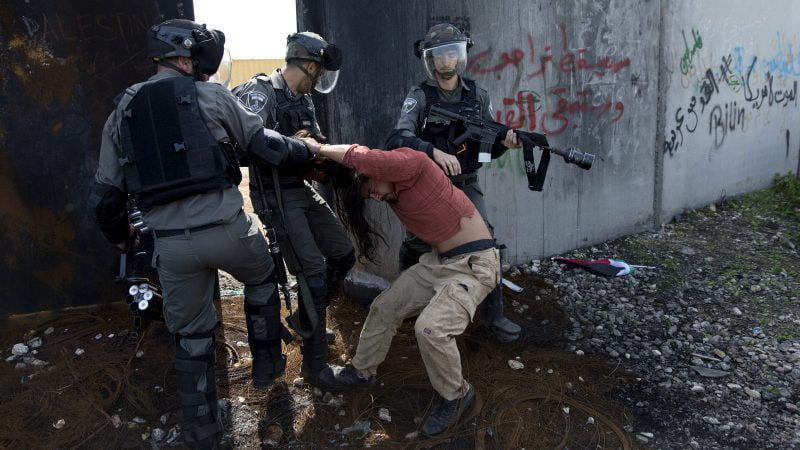
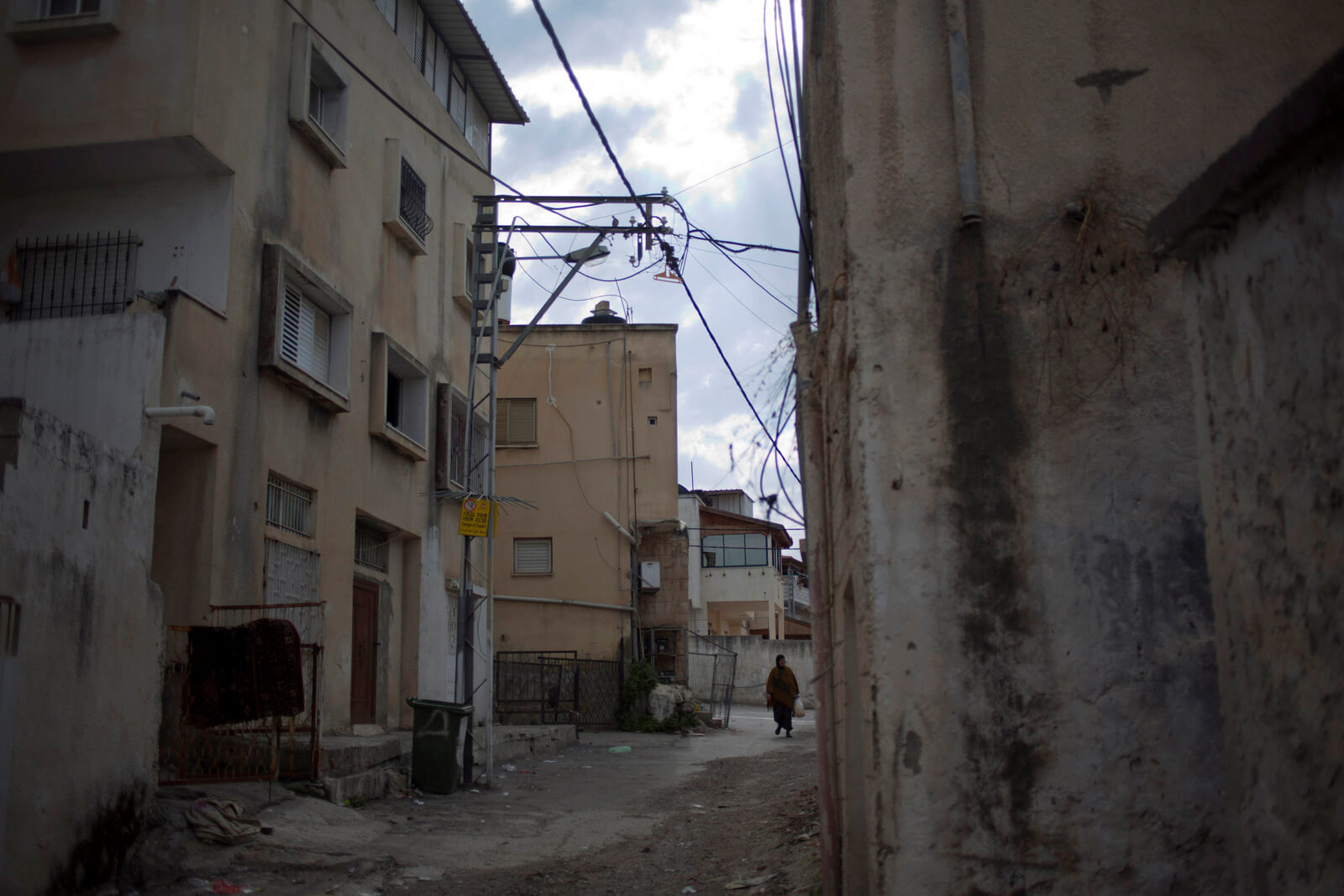
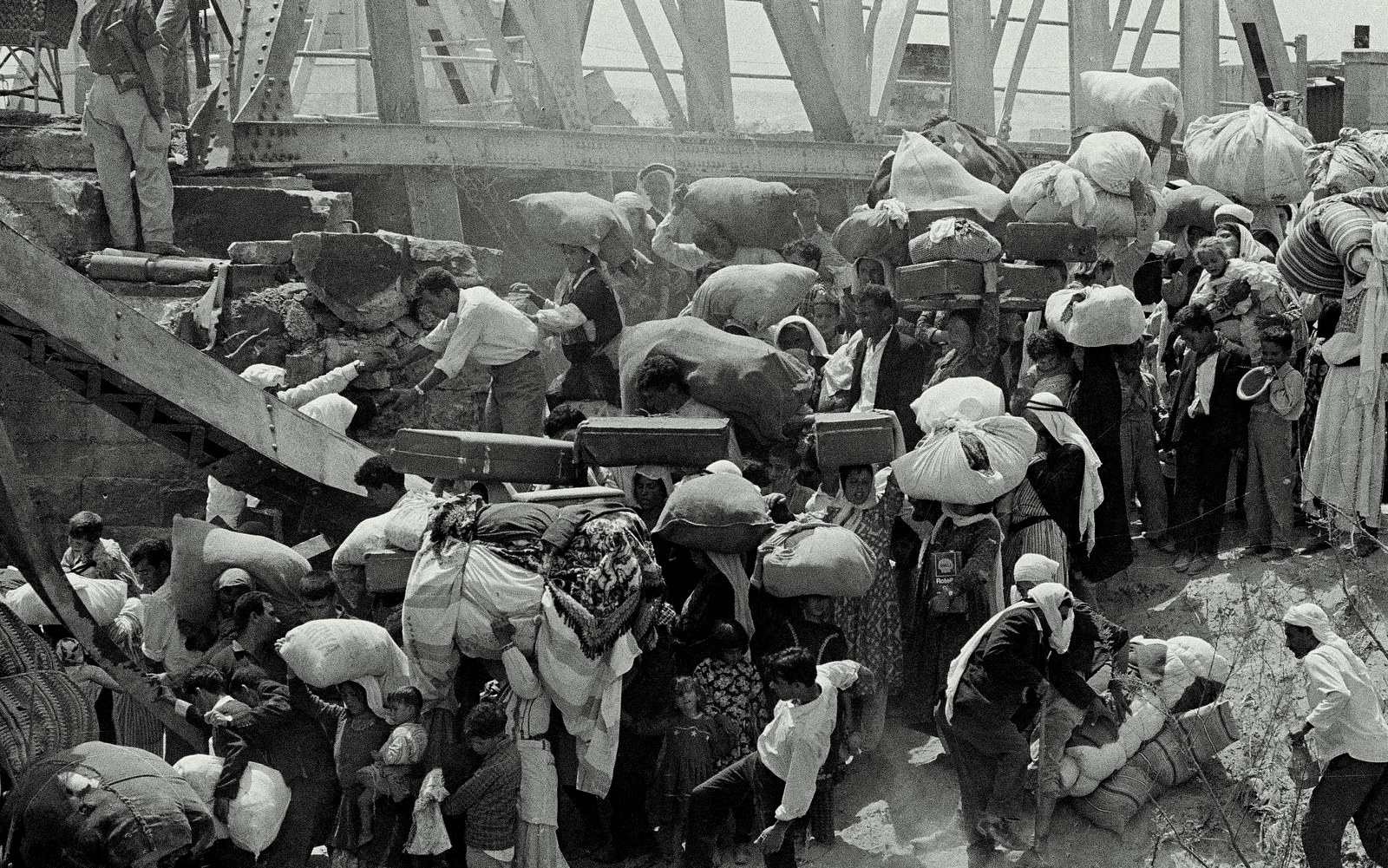
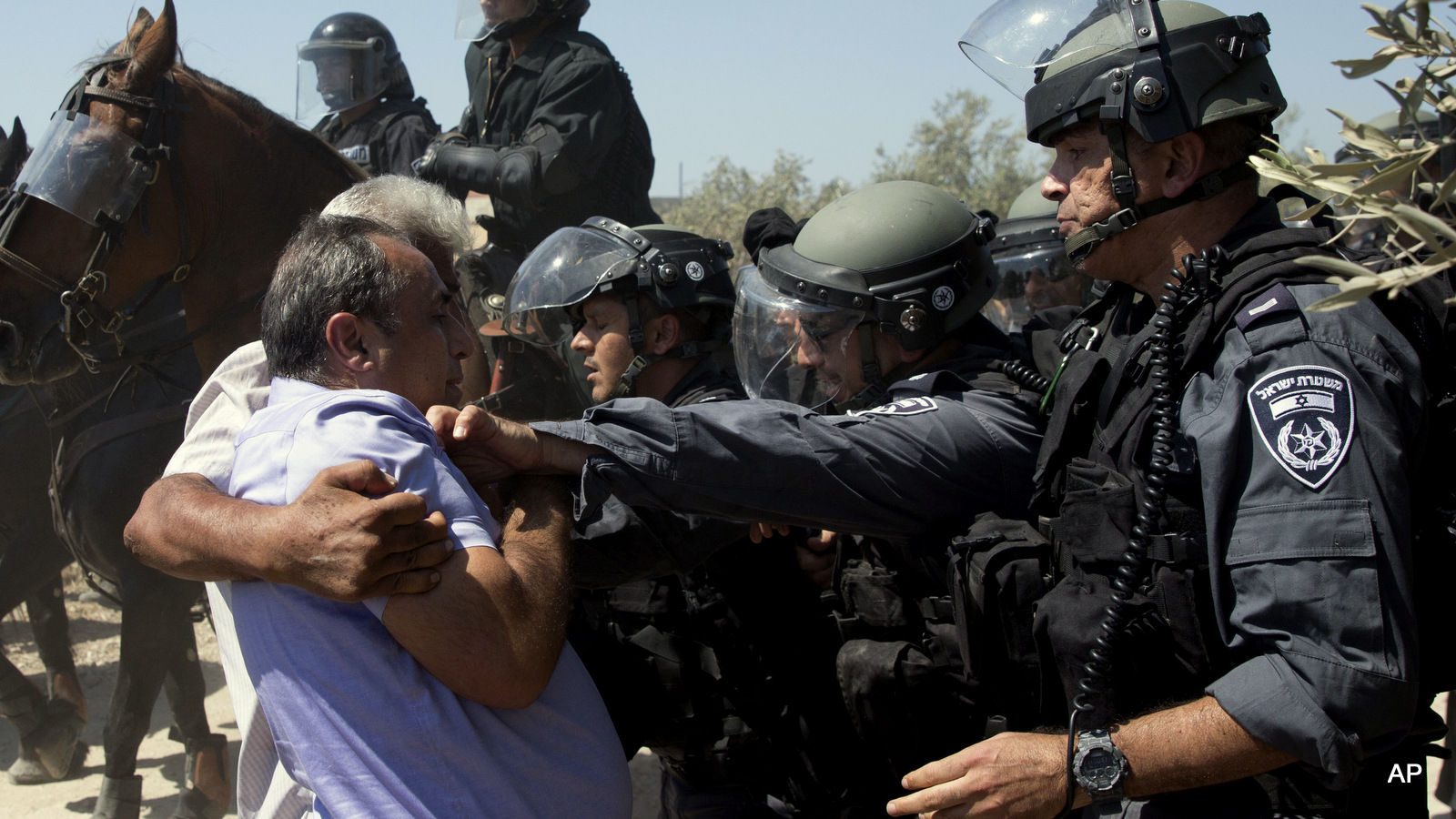

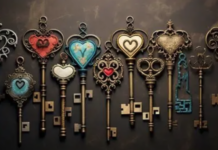
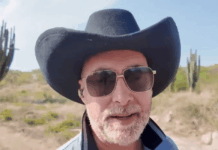
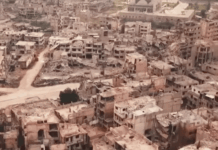

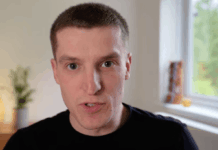

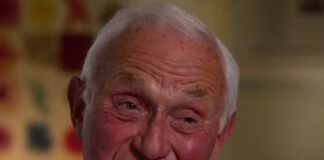
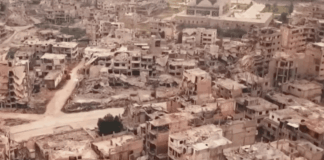

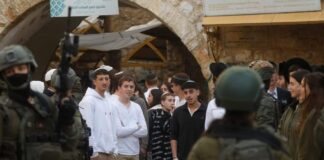
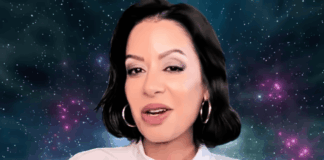
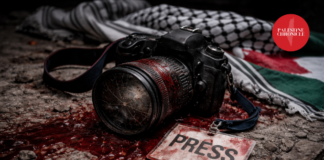












OK. I can take this or that stance but just to be provocative……
Palestine is the ONLY place where the Muslims are kept at bay. Its the only place that they are not trying to take over another peoples nation. in fact its happening to them! SO what’s the issue. The Muslims call it a struggle..well struggle away! Don’t cry boo hoo when YOUR land, culture, children are wiped off the face of the earth but rejoice when it happens to Western nations. Why do Muslims ALWAYS cry victim? 1.2B Muslims are currently on track (with intent) to wipe out the entire Western civilisation and the rest of us should be worried about a few Muslims in Palestine.. Pulllsee! Do not buy into the BS emotional bribery.
Dear Nicholas, I used to think like you when I was a catholic, but then I woke up and started following the rabbit hole that led me to where I stand today; perhaps you should do the same instead of just believing the church, MSM or even the falsified information we are all though at school, if I may I am sharing here just one of many documents you will find around if you want to look beyond the lies we have been thought to believe. If you are a genuine truth seeker and you are willing to give yourself the time to look further I am sure the following doc. will prove why the article is true:
http://xroads.virginia.edu/~ma01/Kidd/thesis/pdf/protocols.pdf
Always the big, WHY, is Israel allowed to slowly slaughter the Palestinian people in front of God and the world, in their own country, while the silence from world leader’s is deafening??? Through history the Zionist arm of Israel have slaughtered Palestine’s before Israel became a state??? What is the percentage of the Israeli people go along with the slaughter of their neighbors??? Is it no wonder the Arab states in the MiddleEast want to blow Israel off the map with their harsh and genicidal behavior??? Why was Israel not stopped when the building of Israeli housing on Palestinian land began??? It’s no wonder Israel needs protection with American dollars, $billions, without our consent. When is this going to stop?! So many questions through the years while no answers are forth coming and still no answers as we watch, one by one, the Palestinian people are slaughtered while the world stays silent. One human beings observation that is horrifying to watch and have had enough!